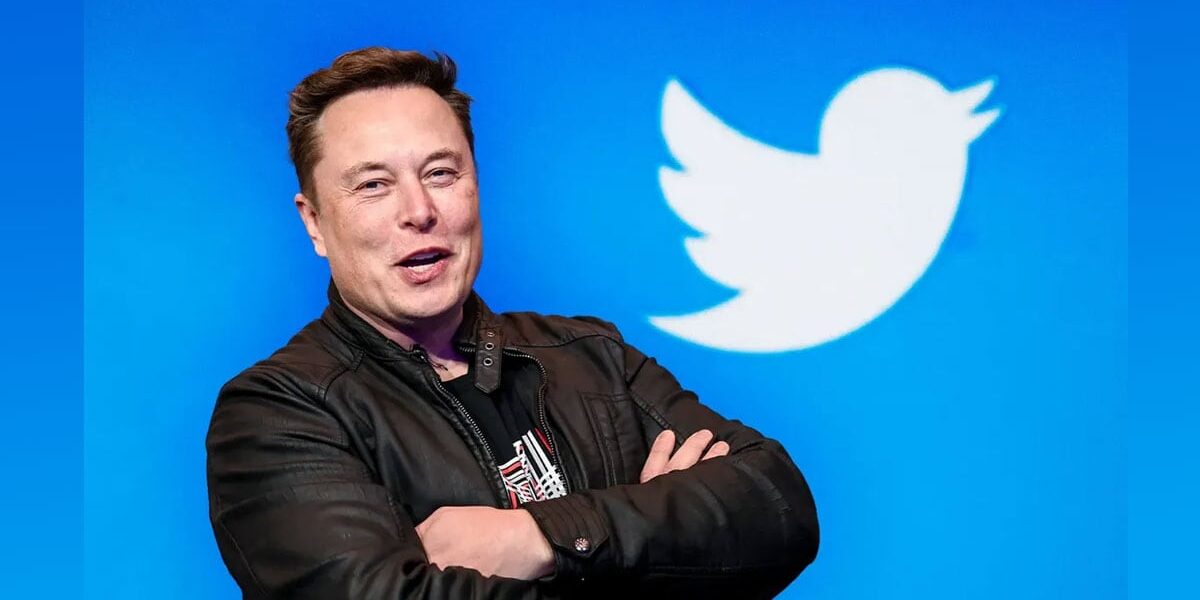Elon Musk has officially taken over Twitter, and my biggest question is this: How will he situate Twitter as a top employer in the highly competitive tech industry?
Musk has described a highly ambitious vision — a truly transformative social media experience — if it comes to fruition. Executing this strategy is going to require a large, talented, and motivated workforce. Surely he has a staffing strategy in mind to see this through, right?
Often, a new CEO will aim to shake things up, and will introduce new KPIs, expectations, and standards. Good employees will be identified, and underperforming or redundant staff will be let go. This typically involves a carefully developed communications plan and staffing strategy.
Musk, however, has insulted Twitter staff en masse, pledged to cut the workforce by 75% (which he has walked back), and pushed out multiple senior leaders who could have helped orient him to the business. And of course, most of this was done over Twitter. This tells me the current workforce is not the one he plans to move forward with.
It seems clear he’s not interested in creating a positive work atmosphere for current twitter employees. But what about a year from now? Does he want Twitter to be a gold-standard employer, attracting the best of the best, like Apple or Google? I personally hope so — as a user, I’m excited to see what the future brings for Twitter. But if Musk is going to implement his grand vision, he will need a solid workforce to do so. How will he accomplish that?
Working for Musk is an interesting proposition in itself — but people need to pay the bills. If I am a highly skilled programmer with a mortgage and a family to feed, these would be my considerations:
1. How secure is my job?
Musk has been whimsical and inconsistent when he talks about the future of Twitter’s workforce size. Plus, Twitter is a money-losing business heading into a possible recession, and survival is not a given. To what extent can I make life plans under those circumstances?
2. Can Twitter offer competitive salaries and perks on an ongoing basis?
The salaries and perks of other big tech firms are legendary. These expenses are typically covered by huge profits (e.g. Apple and Google), or equity (e.g. most young tech companies). Twitter, as a debt-fueled private company, will have neither of these. Twitter’s financiers will want to see responsible spending, steady revenue growth, and a timeline to profitability. This means some degree of corporate austerity. Suppose I’m a top tech recruit with the opportunity to enjoy a free cafeteria, nap pods, a big salary, and job security over at Google. What will Twitter do to lure me in its direction instead?
3. Will I be valued and respected as an employee?
An effective employee is one that is self-motivated, bought into the company vision, skilled, and empowered to take action. Most successful corporations understand this and put a lot of effort into employee engagement; drivers of employee engagement can include training, recognition, support, and career advancement opportunities. Thus far, this is not something I’ve seen as part of the Musk MO for Twitter (please correct me if I’m wrong). The only way to keep employees around when the workplace is toxic and competitors are plenty is through above-market salaries (and that’s not effective long term). Is that something Twitter is prepared to do?
Final Thoughts
With all the drama surrounding Musk, It’s sometimes easy to forget that Musk is an experienced business manager, and has built functional workplace cultures before. So what do you think: Will Musk successfully implement a staffing strategy that attracts and retains the top talent he’ll need? Or is the growing eccentricity and employee-scapegoating a sign of a ‘Kanye West-style’ unraveling that will hinder his efforts?
@elonmusk's vision for Twitter is BIG! But will top talent want to work at Twitter after witnessing his unfriendly approach towards staff?
— Chris (@ChrisjBergen) October 31, 2022
In your opinion – what does Musk need to do to attract the top talent he’s going to need to transform #Twitter?#HR #Leadership pic.twitter.com/tiks7ZLZb5




